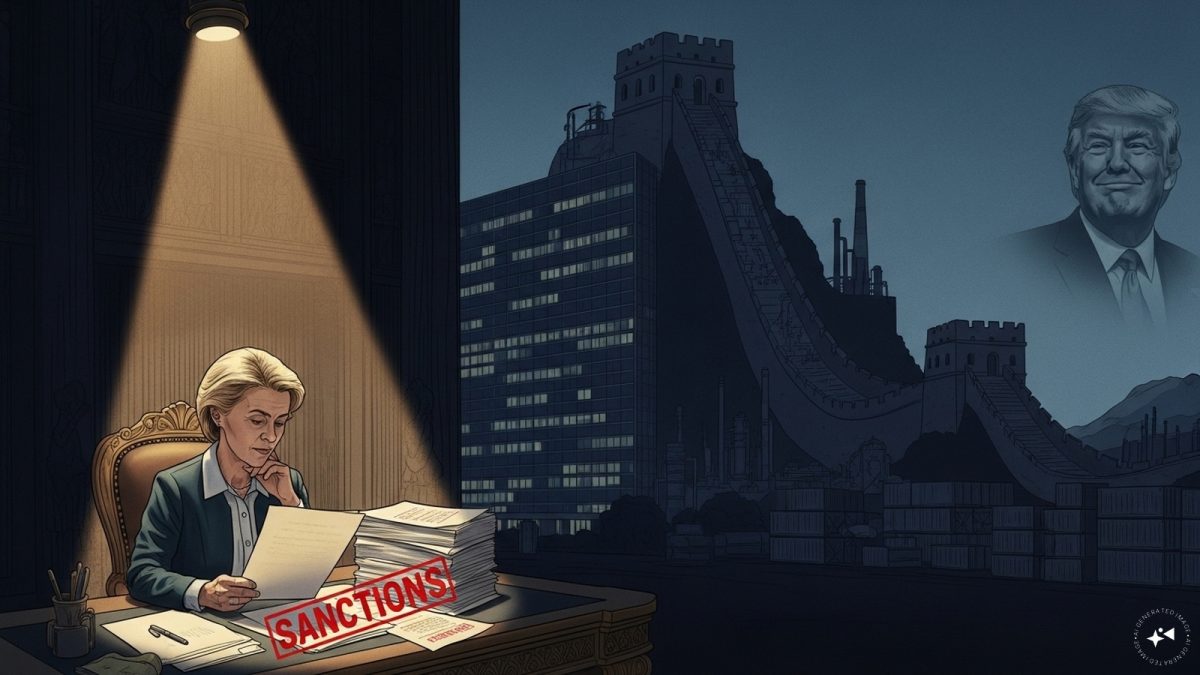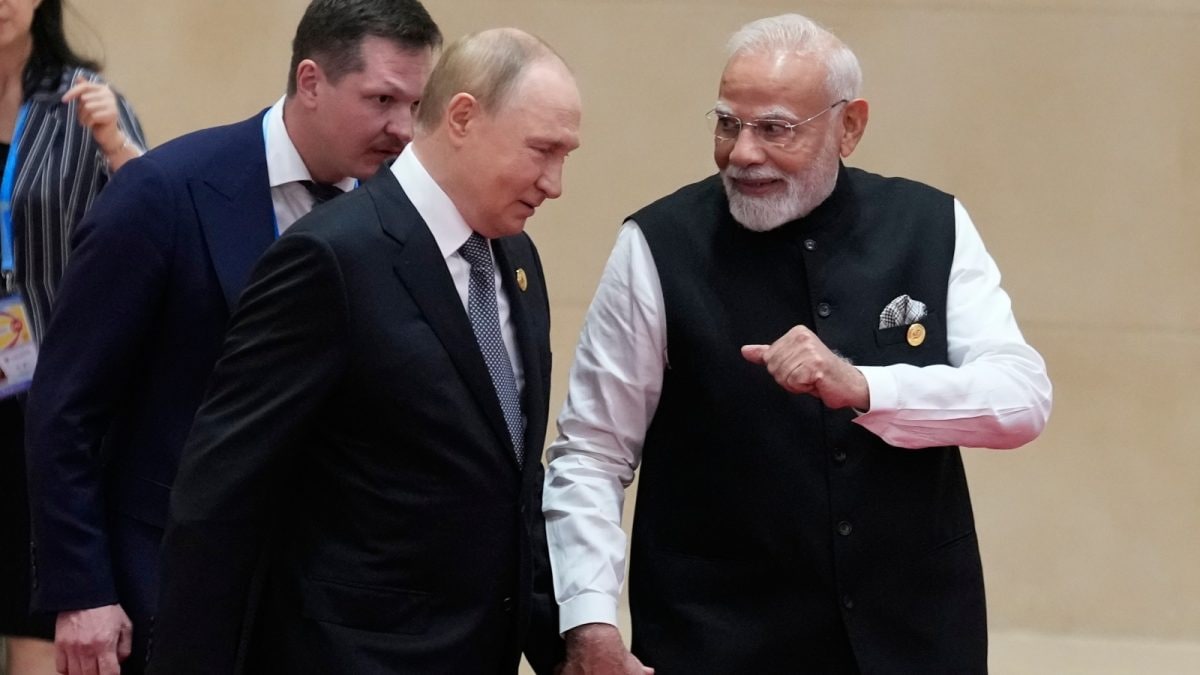The EU is preparing a new package of sanctions against China amid mounting pressure both from within the bloc and from the US. However, analysts are questioning whether the EU’s measures will satisfy the Trump administration, which has long demanded a harder line and more aggressive tariffs against Beijing.
The European Union is preparing a new package of sanctions on China, seeking to balance its own economic interests with mounting pressure from Washington as President Donald Trump demands tougher action.
According to Euronews, the European Commission has ruled out adopting Trump’s call for 100% tariffs on Chinese goods, fearing such drastic measures would spark a damaging trade war. Instead, Brussels is advancing a narrower plan that includes targeted tariffs on sectors such as electric vehicles, steel and solar panels alongside potential restrictions on state-subsidised Chinese companies operating in Europe.
“The EU will act firmly to defend fair competition and its own industrial base,” a senior EU official told reporters in Brussels. “But our approach will remain proportionate and in line with WTO rules.”
The proposals come at a delicate geopolitical moment. Trump has repeatedly lashed out at Europe’s China policy, accusing the bloc of being “too soft” and warning that transatlantic relations could suffer if Brussels fails to align more closely with Washington. “If the EU wants a strong partnership with America, they must stop giving China a free ride,” Trump said earlier this month.
European leaders, however, are wary of fully mirroring Washington’s hard line. China is the EU’s second-largest trading partner after the United States, with bilateral trade worth over €700 billion in 2024. Several member states, including Germany and Hungary, fear aggressive tariffs could trigger retaliation that hits key exports such as cars and machinery.
Politico reported that Brussels’ sanctions package is also being coordinated with wider G7 measures, mirroring the EU’s recent delay in announcing fresh penalties against Russia to keep Western allies in step. “We have learned the importance of unity,” one diplomat said, noting that divisions over China could undermine credibility on other global crises.
Analysts say the EU’s strategy reflects an effort to walk a tightrope between Trump’s demands and its own economic realities. While the White House may welcome any move toward tougher measures, it is unlikely to view Brussels’ calibrated response as sufficient.
“The question is whether this compromise satisfies Washington,” said a European trade expert. “Trump wants a show of strength. The EU wants to protect its industries without igniting a full-blown trade war. Those goals don’t always overlap.”
Whether the EU’s new sanctions package will satisfy Washington remains uncertain. While Brussels insists on a calibrated approach, the US emphasis on decisive tariff action and a harder stance on China continues to set a high bar.
The EU finds itself steering a delicate course of balancing economic interests, human rights concerns and broader geopolitical strategies, a complex dance that may leave some allies questioning if its approach is robust enough to counter China.
End of Article

)

